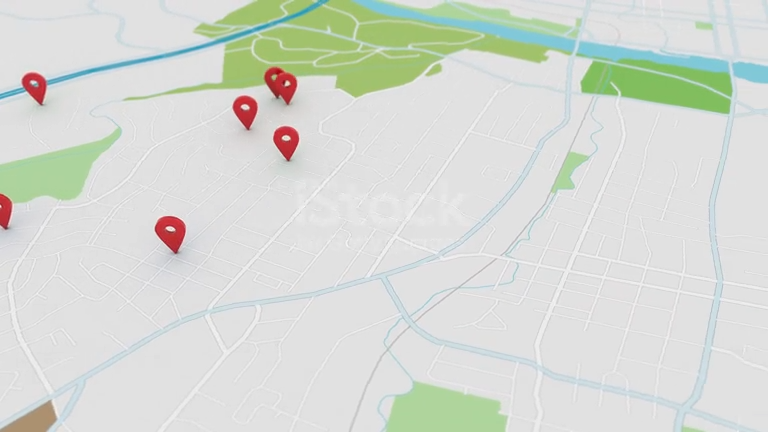Google revealed today how it plans to use generative AI to enhance its mapping activities. It’s the latest application of Gemini, the company’s in-house rival to GPT-4, which the company wants to use to improve the experience when searching for something. Google Maps, Google Earth, and Waze will all get feature upgrades thanks to Gemini, although in some cases only with Google’s “trusted testers” at first.
Google Maps
More than 2 billion people use Google Maps every month, according to the company, and in fact, AI is nothing new to Google Maps. “A lot of those features that we’ve introduced over the years have been thanks to AI,” said Chris Phillips,VP and general manager of Geo at Google. “Think of features like Lens and maps. When you’re on a street corner, you can lift up your phone and look, and through your camera view, you can actually see we laid places on top of your view. So you can see a business. Is it open? What are the ratings for it? Is it busy? You can even see businesses that are out of your line of sight,” he explained.
At some point this week, if you use the Android or iOS Google Maps app, you should start seeing more detailed and contextual search results. Maps will now respond to conversational requests—during a demo, Google asked it what to do on a night out with friends in Boston, with the app returning a set of results curated by Gemini. These included categories of places—speakeasies, for example—with review summaries and answers from users.
As for trusting the accuracy of those results, “we use the Gemini model to actually look at the facts and the data that we have in the maps database, which include our places data and reviews to then pull back and answer, curate it, and it does the grounding fact check,” Phillips said. Phillips said that the system will link and attribute information from third parties like blogs, but that “when we’re answering the question about the place details and the facts of the place and the reviews on the place, the Gemini model is specifically looking at the data sets that we manage and operate and fact checking it there.”
Google says it has made it easier to explore side quests when you’re planning a route, with suggestions for landmarks and other sites of interest available with a click of the “add stops” button. At the end of a route, Maps will now start suggesting places to park and then switch to pedestrian directions to your final destination, complete with augmented reality if you need it. That should be available to all iOS and Android users this week, Google says, along with the ability to report weather disruptions and a more immersive view of 150 cities around the world.
And next month, Google will start adding more detailed lane information to some metropolitan areas.
Waze
Now fully merged into Google’s Geo division, Waze continues to offer an alternative road navigation experience, and it too will benefit from AI-enhanced natural language processing, with the addition of conversational reporting. In practical terms, that means no more scrabbling to hit the right icon on your phone to report that tire in the middle of the highway or the traffic cop hiding behind a bush.
The feature, which will only be available to Waze’s trusted testers at first, lets users verbally describe what they see, potentially asking follow-up questions.
Waze also said it’s making it easier for map editors to add school zones to the map, and it will alert users when they’re passing through one. That feature rolls out to iOS and Android later this year, Waze said.
Google Earth
The enhancements to Google Earth will probably be of most interest to urban planners, although they’ll need to request access to Google Earth’s trusted tester program, which rolls out to those beta testers next month. Here, Gemini is being leveraged to add complex searches like “map the five zip codes with the fewest EV chargers relative to their geographic area size.” After determining the answer, Google Earth then creates a helpful visualization.
credit: Jonathan M. Gitlin


